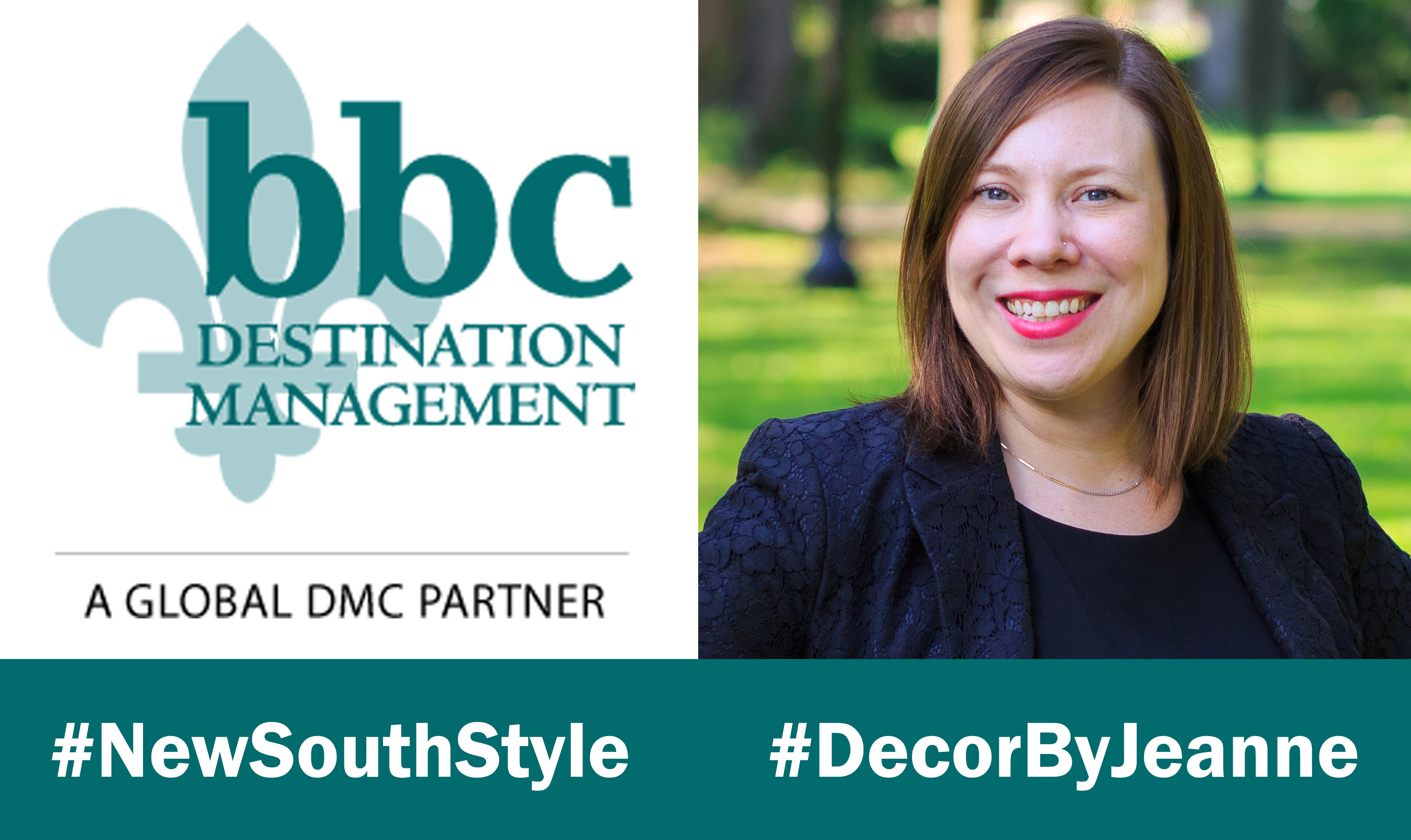BBC Destination Management Talks Risk Management & Emergency Preparedness at ‘Ask the Incentive Travel Expert’ – Site Incentive Seminar 2016

In light of this year’s global events, such as the terrorist attacks in Belgium, Paris and Turkey, risk and crisis management has become a growing concern in the incentive industry. On November 28th, during this year’s Site Incentive Seminar in Barcelona, Spain, a panel discussion, ‘Ask the Incentive Travel Expert’, was held to address these issues. Though safety has always been a top priority, this panel allowed meeting planners from around the world to ask experts for guidance on how to review and strengthen their current risk assessment plans for today’s ever-changing global landscape.
The panel was moderated by Martin Lewis, Managing Director for CAT Publications and SITE International Board of Trustees. Panelists included industry experts Albert Pujadas, Managing Director for Arrow Gabinet D’Assessors i Serveris S. L. (Consultancy of Security and Strategic Planning), Carlos Granda, Co-Founder and Director of Conventia Spain (Third Party Agency), and Cecile Dorian from the Barcelona Convention Bureau. BBC Destination Management’s Director of Sales and current President of ADMEI ( the Association of Destination Management Executives International) David Rome, CMP, DMCP also had the privilege of participating in the panel.
With over 25 years of experience in the corporate meetings/incentive travel industry, David’s expertise in risk management and emergency preparedness not only added to the discussion, but was also well received and thought-provoking. “When there are so many moving parts to an incentive program, it is critical that DMCs and meeting planners have risk management programs and protocols in place to ensure the safety of their clients and their staff”, stated David.
Surprisingly, according to Successful Meetings’ 2016 Risk Management Survey, 53% of respondents reported that they did not have risk management plans in place for their meetings. “Though emergencies are rare, it is quite worrisome that less than half of meeting planners have a crisis management plan”, David commented. In an effort to highlight how BBC Destination Management handles emergencies and preparedness, David provided several key tips during the panel discussion.
- Hire Smart. Train Smart.

Photo credits: Katherine Bertrand
Though this seems obvious, hiring competent staff is only part of the equation. By providing ongoing emergency preparedness training, staff are given the tools to effectively handle an emergency situation. Once a year, BBC Destination Management’s full-time employees and part-time contract workers undergo a Risk Management and Emergency Procedures training that covers everything from operating procedures to its consortium’s, Global DMC Partners, safety protocols.
- Have a Plan and Keep it Updated.
In cities that are more vulnerable to natural disasters, emergency evacuation and communication plans are key. Every year, months before the hurricane season, BBC Destination Management gives its staff an updated Emergency Evacuation & Communication Plan. In this emergency plan, staff are provided with everything from evacuation routes and safety steps to post-evacuation procedures. The more comprehensive the plan, the better!
- Reassure the Client.
Clients trust meeting planners to make their safety a priority. Walking them through your safety procedures reinforces this trust. Prior to going to contract, BBC Destination Management spells out its emergency standard procedures, emergency precautions and insurance policy, leaving no questions unanswered.
“These steps may seem simple and obvious, but they are truly important. Emergencies are only made worse when the chaos cannot be controlled. At BBC Destination Management, our clients and staff come first. Because we see our staff as leaders, we do all that we can to provide them with necessary tools to succeed, even when an emergency presents itself.”- David Rome





